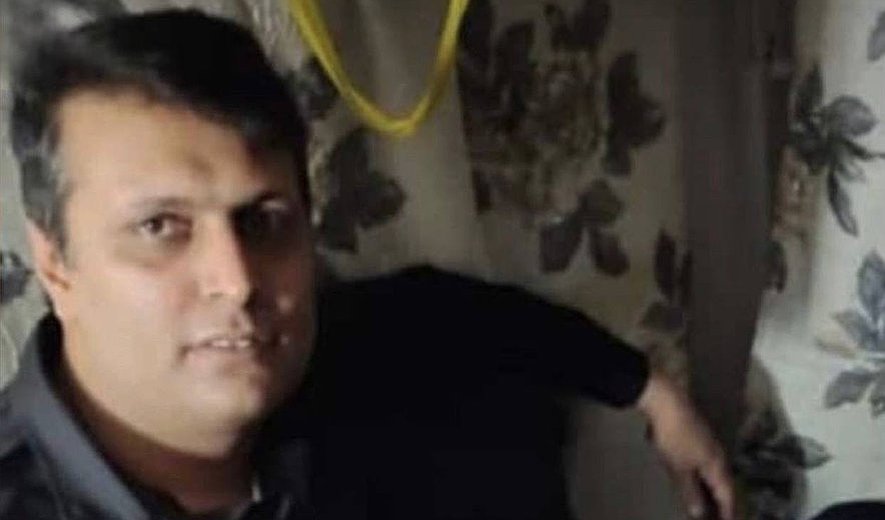Baluch and Afghan Men Executed in Kerman

Iran Human Rights (IHRNGO); August 7, 2023: Abdolghafar Shahiki, a Baluch minoritiy, and an unidentified Afghan man were executed for drug-related charges in Kerman Central Prison.
According to Hal Vash, two men were executed in Kerman Central Prison on 7 August. One of the men’s identities has been reported as Abdolghafar Shahiki (Hashemzehi), a 38-year-old Baluch minority from Khash. The second man who is an Afghan national has not been identified. They were both sentenced to death for drug-related charges by the Revolutionary Court.
Abdolghafar Shahiki (pictured) was arrested for drug-related charges in Kerman around two years ago and sentenced to death by the city’s Revolutionary Court. He was transferred to solitary confinement in preparation for his execution on 5 August.
At the time of writing, neither of their executions have been reported by domestic media or officials in Iran.
Ethnic minorities, the Baluch in particular, are grossly overrepresented in execution numbers in Iran. In 2022, at least 174 Baluch minorities including 3 women, were executed in 22 prisons across Iran, making up 30% of overall executions. This is while they represent just 2-6% of Iran’s population. Furthermore, in the first six months of 2023, 20% of the at least 354 executions were Baluch people.
Baluch minorities also represented almost half of drug-related executions in 2022. 47.3% of the 256 people executed for drug-related charges were Baluch.
Drug-related executions have continuously risen every year for the past three years. At least 206 people were executed for drug-related charges in the first six months of 2023, a 126% rise compared to the same period in 2022 when 91 were executed. 40 people were executed in the same period in 2021.
The number of drug executions dramatically dropped in 2018 following a 2017 Amendment to the Anti-Narcotics Laws. Consequently, drug executions ranged between 24-30 per annum between 2018-2020. The Amendment was reversed in practice in 2021 when executions increased ten-fold to 126 in 2021 and doubled again in 2022 with 256 drug-related executions.
It is important to note that Afghan nationals constitute the largest group of non-Iranian executions and death row cases in Iranian prisons. In 2021, no execution of Afghan nationals was recorded until September, when five men were executed in the space of 35 days. On 10 October 2021, Iran Human Rights expressed its concern that the Taliban takeover in August had facilitated the execution of Afghan nationals. That number more than tripled in 2022, with 16 Afghan nationals including a juvenile offender and a woman executed.

